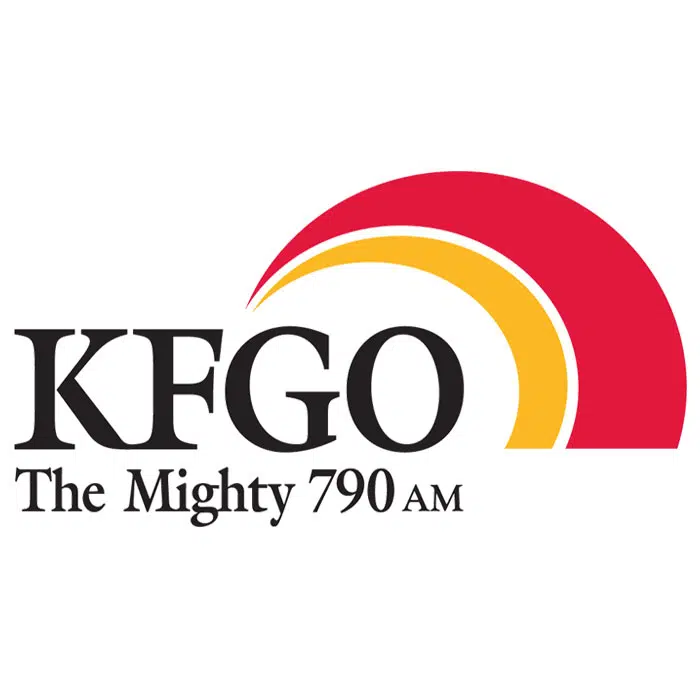By David Shepardson
WASHINGTON (Reuters) – The head of the Federal Aviation Administration said on Wednesday the agency is going to mandate strengthening a key engine part on Boeing 777 planes with Pratt & Whitney (PW) engines like the one involved in an emergency landing in February.
FAA Administrator Steve Dickson told a U.S. House committee that the agency is “requiring the manufacturers to address strengthen(ing) the cowling.”
He also said the agency was working with Boeing and PW to ensure “the structure around the engine, the cowling and the inlet area, does not damage the aircraft structure.”
A United Airlines 777 PW400 engine failed shortly after takeoff from Denver on Feb. 20 showering debris over nearby cities, but no one was injured and the plane safely returned to the airport.
The FAA in February ordered immediate inspections of 777 planes with PW4000 engines before further flights, after the National Transportation Safety Board found a cracked fan blade on the United engine was consistent with metal fatigue.
Boeing said Wednesday it is continues to work with the FAA on “potential design improvements” for the “inlet and fan cowlings … This work is exacting and time consuming, and we are giving the technical teams the time they need to ensure their designs address learnings, provide the expected performance and maintain overall safety.”
United, which is the only U.S. operator of 777s with the PW4000 engine and has 52 of those planes, is working to resume flights.
United chief operations officer Jon Roitman said in April the airline had “really productive collaboration with Pratt, Boeing and the FAA … We look forward to getting that aircraft back to safe operations in the future.”
United declined to comment on Dickson’s remarks Wednesday.
Also in April, Japan Airlines said it had retired its fleet of 13 Boeing Co 777s with PW4000 engines a year earlier than planned, having suspended operations in February.
The Japanese carrier had an incident of its own with the PW4000 engines in December, when a malfunction forced a Tokyo-bound JAL 777 to return to Naha airport in Okinawa.
The engines are on only a small number of older 777s operated by JAL, United, ANA Holdings Inc, Korean Air Lines Co Ltd, Asiana Airlines Inc and Jin Air Co Ltd.
(Reporting by David Shepardson; Editing by Steve Orlofsky)



